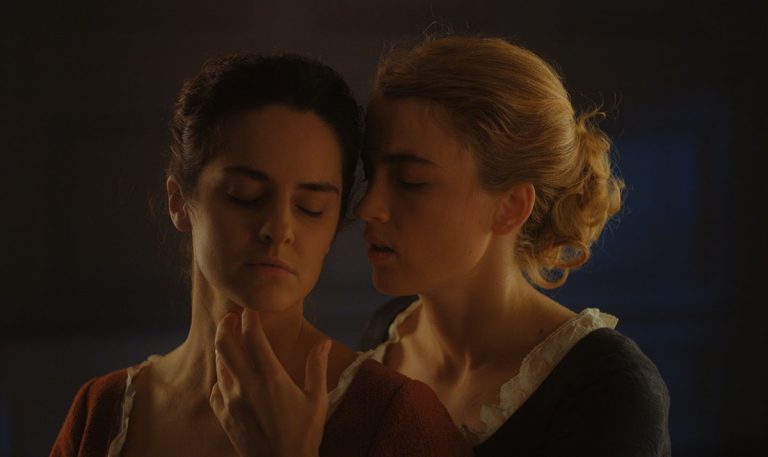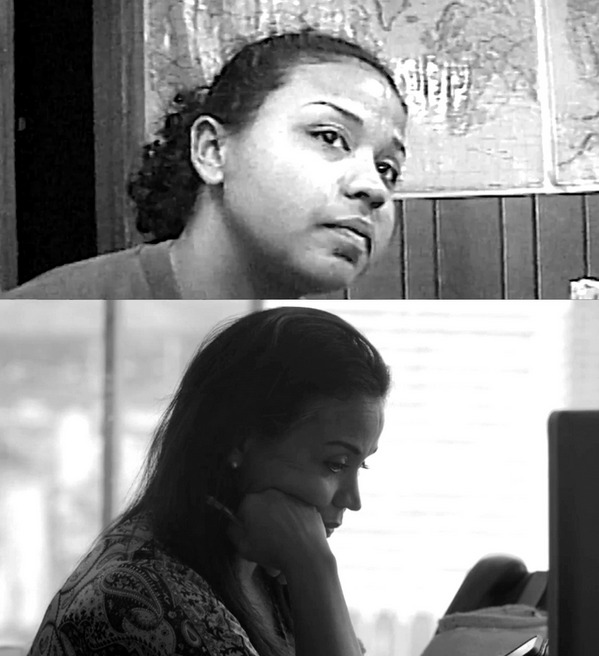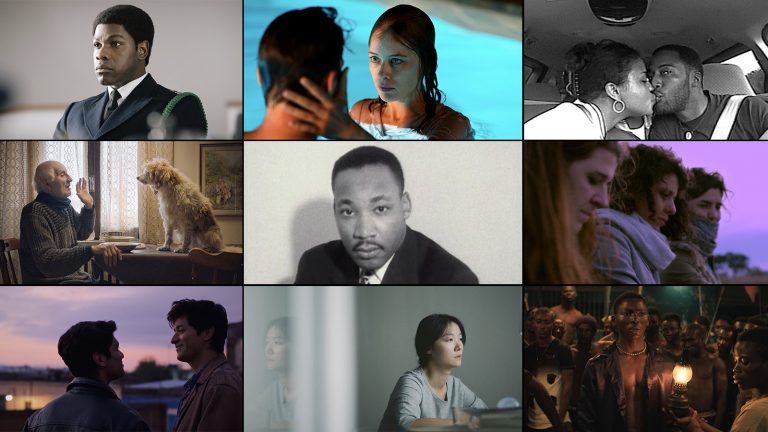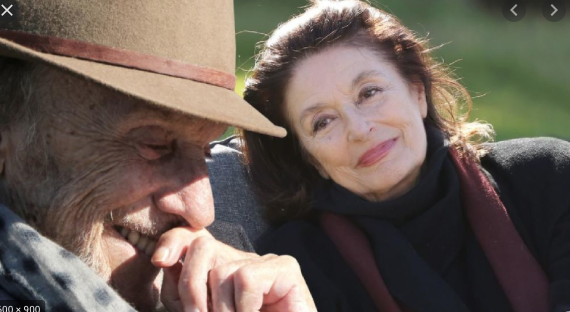The Female Gaze: To Think, Not To Dream
Revisiting and redefining our Women in Film Portraits series, Anna Brosnihan analyzes Celine Sciamma’s 2019 hit film, Portrait of a Lady on Fire, in celebration of International Women’s Month.

Revisiting and redefining our Women in Film Portraits series, Anna Brosnihan analyzes Celine Sciamma’s 2019 hit film, Portrait of a Lady on Fire, in celebration of International Women’s Month.


“Look at all these…thems, shes, hes, zirs…” Vero says, leaning against the bar, as the smile of a proud parent…

Film at Lincoln Center recently announced the 25 films that comprise the Main Slate of the 58th New York Film…

Bakla is a short film written, directed, and starring Brandon English. Bakla had its premiere at the 2020 New Filmmakers…

Reality is stupid. This attitude seems to be the underlying mantra of director Makoto Nagahisa’s work thus far. Crashing onto…


The US is not shy to acknowledge its long binging habits, boasting some of the highest consumption rates of digital…

You’ll forgive your 81-year-old Manhattan moviegoer if his first three reviews below putter about, pausing to stare at the pleasure…